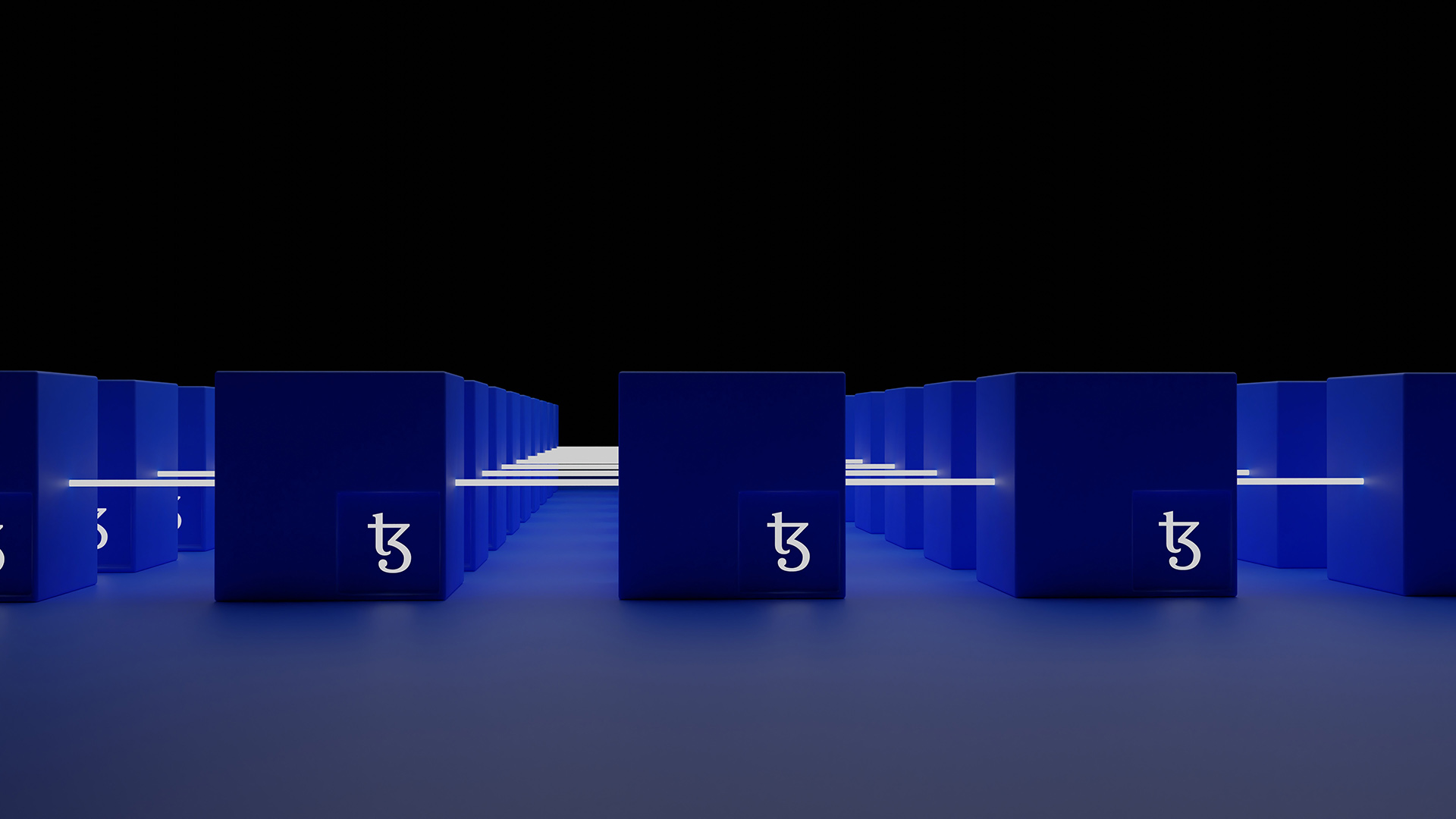As the digital world continues to evolve, we are entering into the era of Web3, where decentralized technologies are transforming the way we interact with not only each other but with individuals and communities across the globe. Web3 is a new internet paradigm that empowers individuals, removes intermediaries, and creates trust and transparency through blockchain, smart contracts, and other distributed technologies.
If you aren’t familiar with the Web3 space, you might not know about all the influential trends that have been happening since its inception. Below, I dive deeper into four trends that people can expect to see more of this year.
1. NFTs and Gaming
Non-fungible tokens (NFTs) have been making waves in the art world, but their true potential lies in gaming. The gaming industry is one of the largest and fastest-growing industries globally, and it is expected to reach a value of $321 billion by 2026. NFTs can enhance gaming experiences by providing unique and scarce in-game items that players can buy, sell, and trade. This creates a new economy within the game, where players can earn money for their time and effort. In addition, blockchain technology can enable true ownership of in-game assets, preventing players from losing their hard-earned items due to centralization or game shutdowns.
2. Metaverse and Virtual Worlds
The metaverse is the next evolution of the internet, a fully immersive, interconnected virtual world where users can interact with each other and digital objects in real-time. This concept has been popularized by science fiction novels and movies, but with the development of Web3 technologies, it is becoming a reality. Companies like Decentraland and Somnium Space are already creating virtual worlds where users can buy, sell, and build on virtual land, create digital avatars, and attend virtual events. The metaverse is expected to revolutionize the way we work, socialize, and even shop.
3. Decentralized Finance (DeFi)
DeFi refers to a new financial system built on blockchain technology that enables peer-to-peer transactions without the need for intermediaries like banks. This opens up access to financial services to anyone with an internet connection, regardless of their location or socioeconomic status. DeFi protocols are built on smart contracts, which automate financial transactions and remove the need for trust in intermediaries. DeFi is still in its early stages, but it has the potential to disrupt traditional finance and create a more equitable and transparent system.
4. Web3 Infrastructure
Web3 infrastructure refers to the underlying technologies and protocols that enable Web3 applications and services to function. This includes blockchain networks, decentralized storage, identity solutions, and other distributed technologies. As Web3 continues to gain popularity, the demand for robust and scalable infrastructure is increasing. This is where companies like Polkadot, Ethereum, and Cosmos come in, offering interoperable blockchain networks that can support a range of Web3 applications. Other companies like IPFS and Arweave are working on decentralized storage solutions that can store data securely and efficiently without relying on centralized servers.
Web3 is the future of the internet. As we move forward into the Web3 era, these trends will continue to shape the digital landscape and transform the way we live, work, and play.




